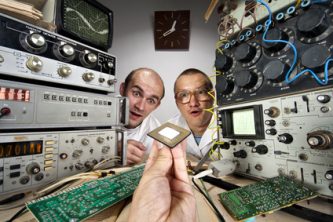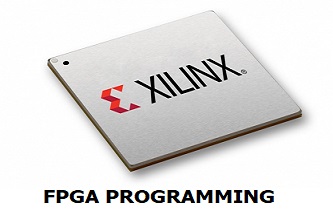European Project Aims to Enhance Indoor Solar Cell Use for IoT
A groundbreaking SEK38m (€3.2m) project in Sweden is set to revolutionize the use of indoor organic photovoltaic (OPV) cells for the Internet of Things (IoT). Spearheaded by Epishine, a pioneer in printed organic indoor solar cell technology, the EU-funded initiative aims to supply OPV cells to partners in retail, consumer, and IoT applications.
Anders Kottenauer, CEO of Epishine, expressed his enthusiasm, stating, “This funding will enable us to further accelerate our joint market efforts and continue our mission of making self-powered electronics the standard.” The project has already gained traction, with Sentinum in Germany recently unveiling a temperature and humidity sensor powered by Epishine’s OPV cells and compatible with Mioty and LoRa wireless networks.
The rapid growth of IoT devices in commercial smart buildings is projected to surpass hundreds of millions by 2028. This surge in demand renders traditional battery-powered sensors impractical and unsustainable. Manuel Hart, CEO of Sentinum, emphasized the significance of their collaboration with Epishine, highlighting the innovative use of solar technology to enhance convenience and reduce costs.
Connected Inventions in Finland is leveraging Epishine cells for a temperature and humidity sensor that operates on indoor light. The Airwits EcoSense sensor boasts intelligent energy-saving algorithms and is designed for seamless integration with LoRaWAN and Sigfox 0G IoT networks. With an expected lifespan of over 15 years and a five-year warranty, the sensor represents a major advancement in energy-efficient IoT solutions.
Meanwhile, Minew in Taiwan is on track to launch an ultra-thin battery-free asset tracker by the year's end, utilizing Epishine indoor solar cells and energy harvesting PMIC from e-peas in Belgium. Mattias Josephson, CSO and Co-founder of Epishine, highlighted the unique product-market fit of their solar cells, emphasizing their thin flexibility and high efficiency in low light conditions. Christian Ferrier, CMO of e-peas, underscored the advantages of their energy harvesting PMIC in optimizing performance for advanced operations.











